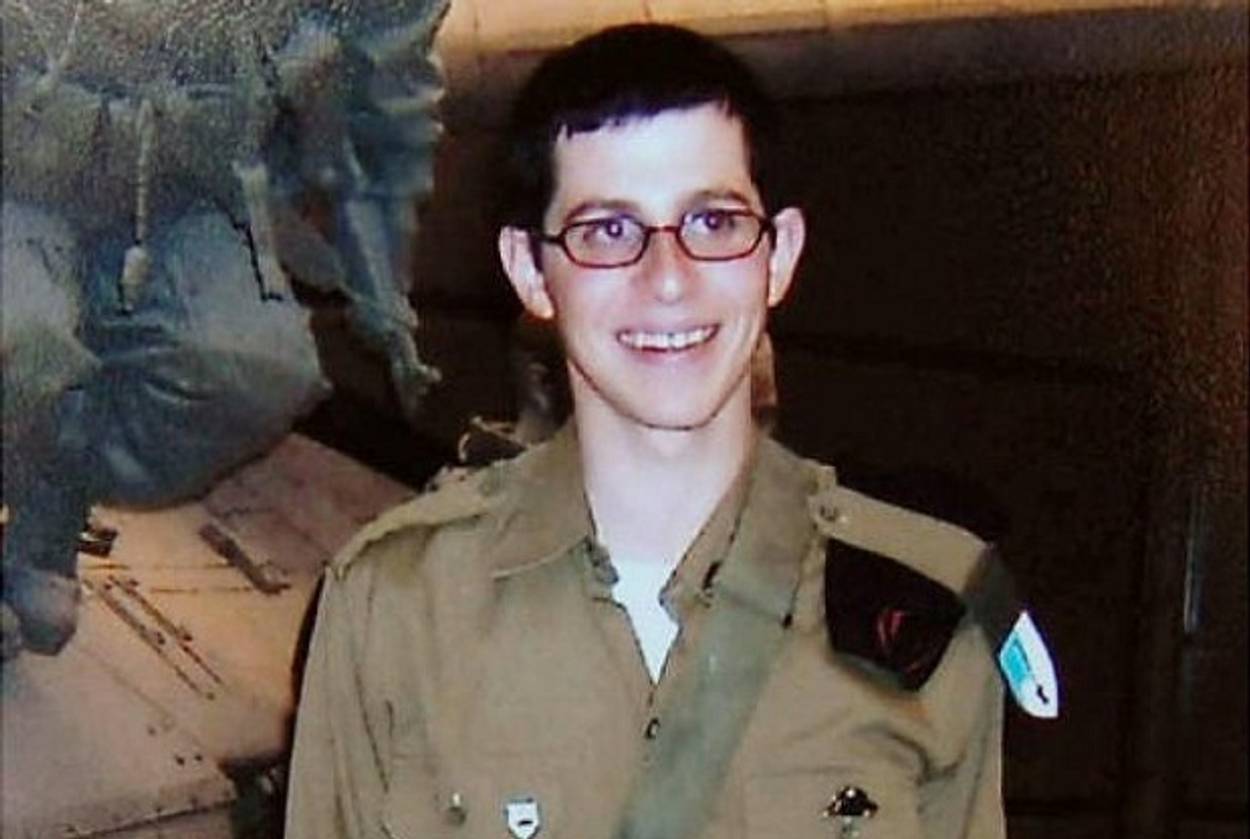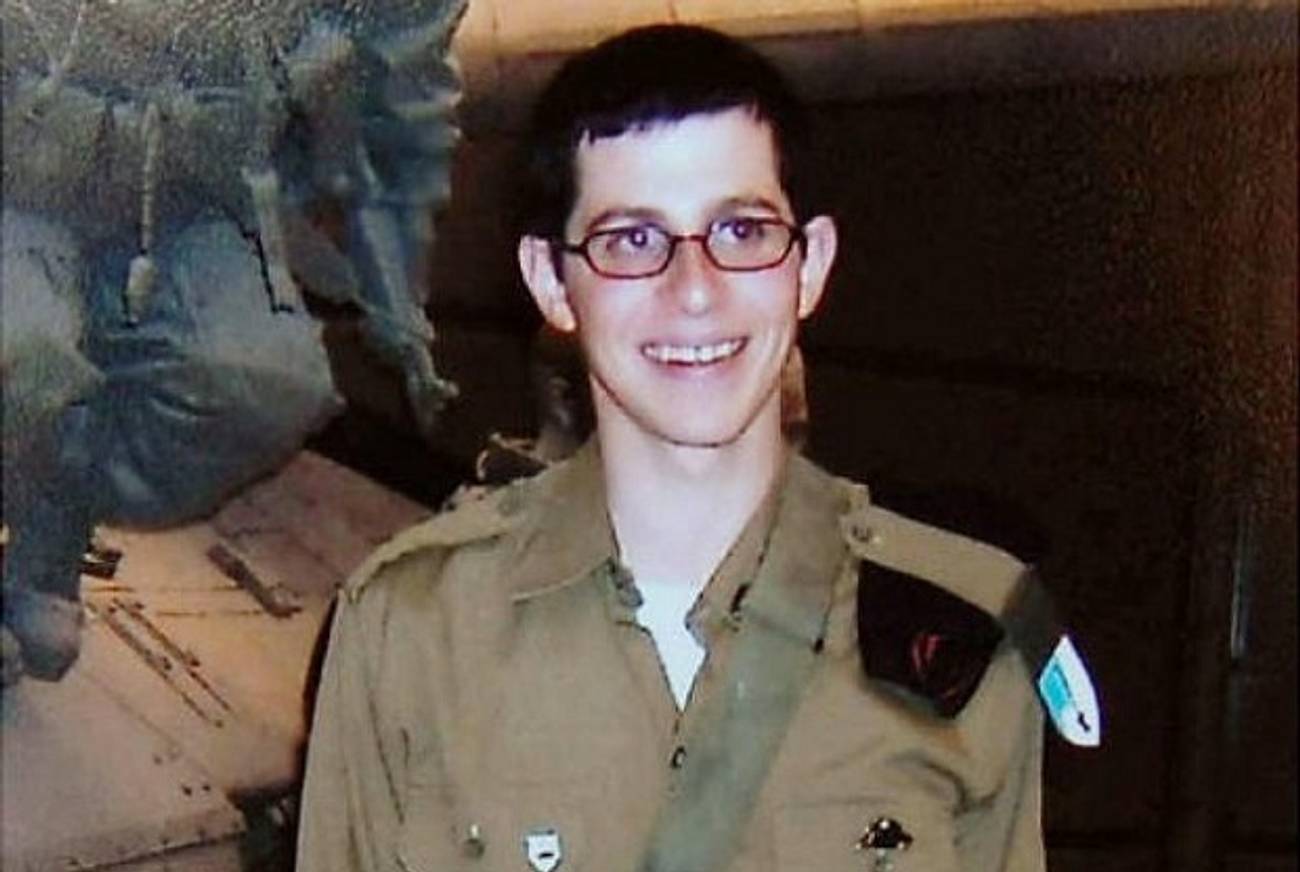New Details About the Capture of Gilad Shalit
And what they say about Israel




Following Gilad Shalit’s meeting with military investigators, a much clearer picture of the events that led to his capture emerged along with information about his years under Hamas captivity and death of two other soldiers in the initial attack.
In short, the narrative paints Shalit–by his own admission–as a timid, shell-shocked soldier, who found himself unable to fight back at the most dire moment. As the Jerusalem Post reported (with some cushioning):
Even Schalit, alone as he was, should have been able to manage it [to fend off his captors]. At this point Schalit was sitting in the gunner’s seat, praying for it to just be over. Then one of militants approached and threw two or three grenades into the turret. Schalit doesn’t recall the explosion of the grenades, but he does remember the smoke very well.
His bullet-proof vest and his flak jacket, hanging on the back of the chair, absorbed most of the impact. The chair was completely shredded.
Schalit, miraculously, was lightly wounded with shrapnel in his elbow and rear. He was scared, shocked. He stayed in the tank for a minute or two until the smoke spread throughout the turret and he found it hard to breathe. Then he decided, finally, to leave. He left unarmed. His gun, a deadly M-16, he left on the floor of the turret. In military terms, this is called abandoning your weapon.
The picture of Shalit as a rosh katan, “a small head,” what you’d call a soldier who is completely reliant on his commanders in Israel or a “sad sack” in American army is a tough indictment to read after Shalit’s years spent in Hamas basements. But what this reveals about Israel, which embraced him for his endurance throughout his horrible captivity, is important.
It comes as no big surprise that Shalit hadn’t fought to escape. The limited images of Shalit, with which the world became quite familiar over the years, showed him as he was: a thin, nervous-looking kid, likely someone’s diminutive little brother, doing his compulsory army service. And despite the (often vicious) stereotype of the Israeli soldier as modern Spartan–wild, mechanical, inhuman–Shalit was elevated to a hero status by his countrymen.
While his release was opposed by many on strategic grounds, he was never shamed or labeled a coward for being unable to resist capture. If this were Sparta, you would see no value in bargaining over a 1,000 prisoners–many of whom did kill–for a boy who was unable to fight at all.
Adam Chandler was previously a staff writer at Tablet. His work has appeared in the New York Times, the Wall Street Journal, the Atlantic, Slate, Esquire, New York, and elsewhere. He tweets @allmychandler.